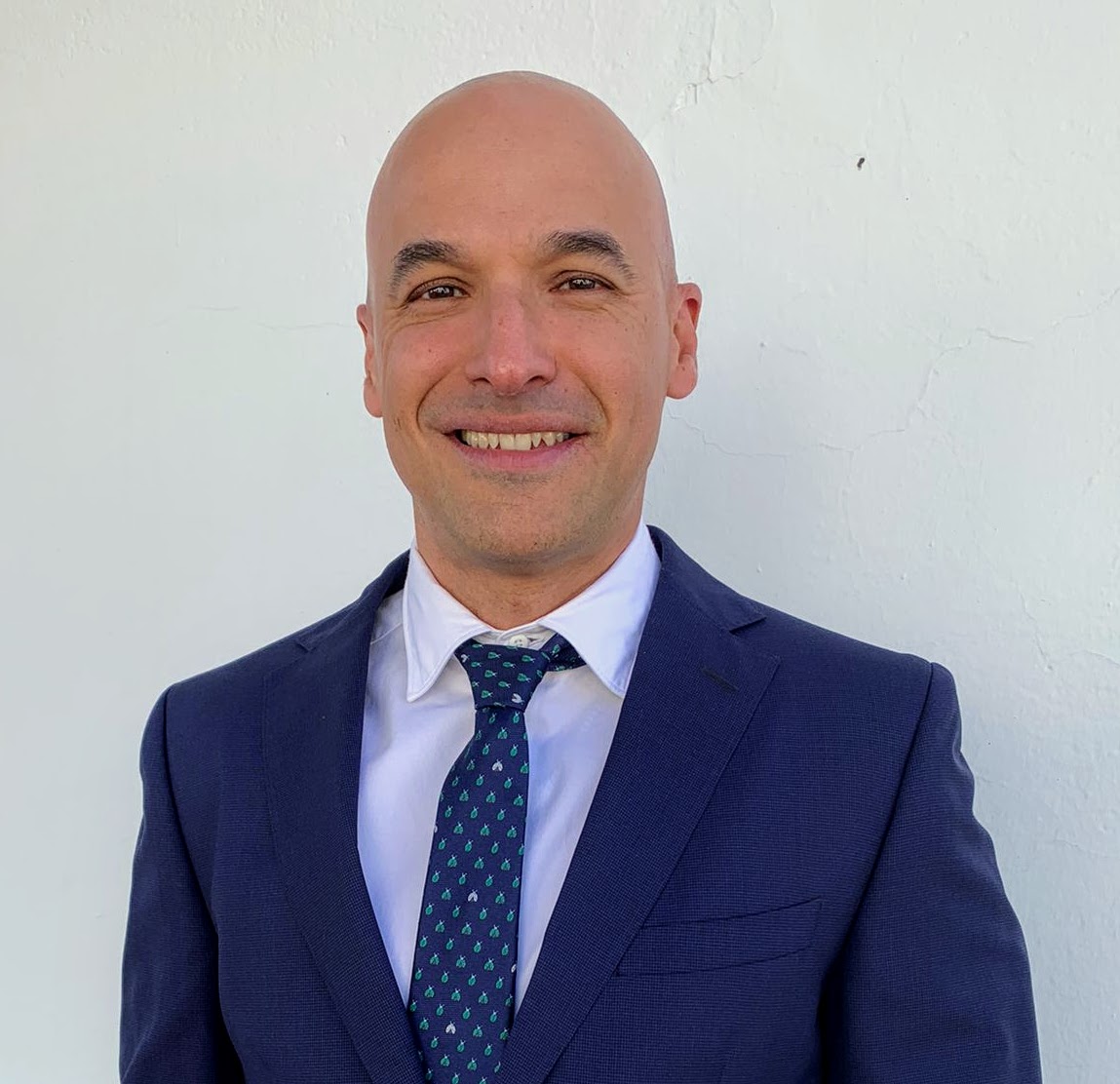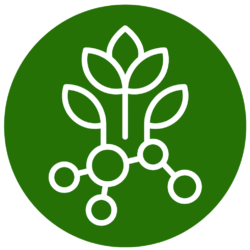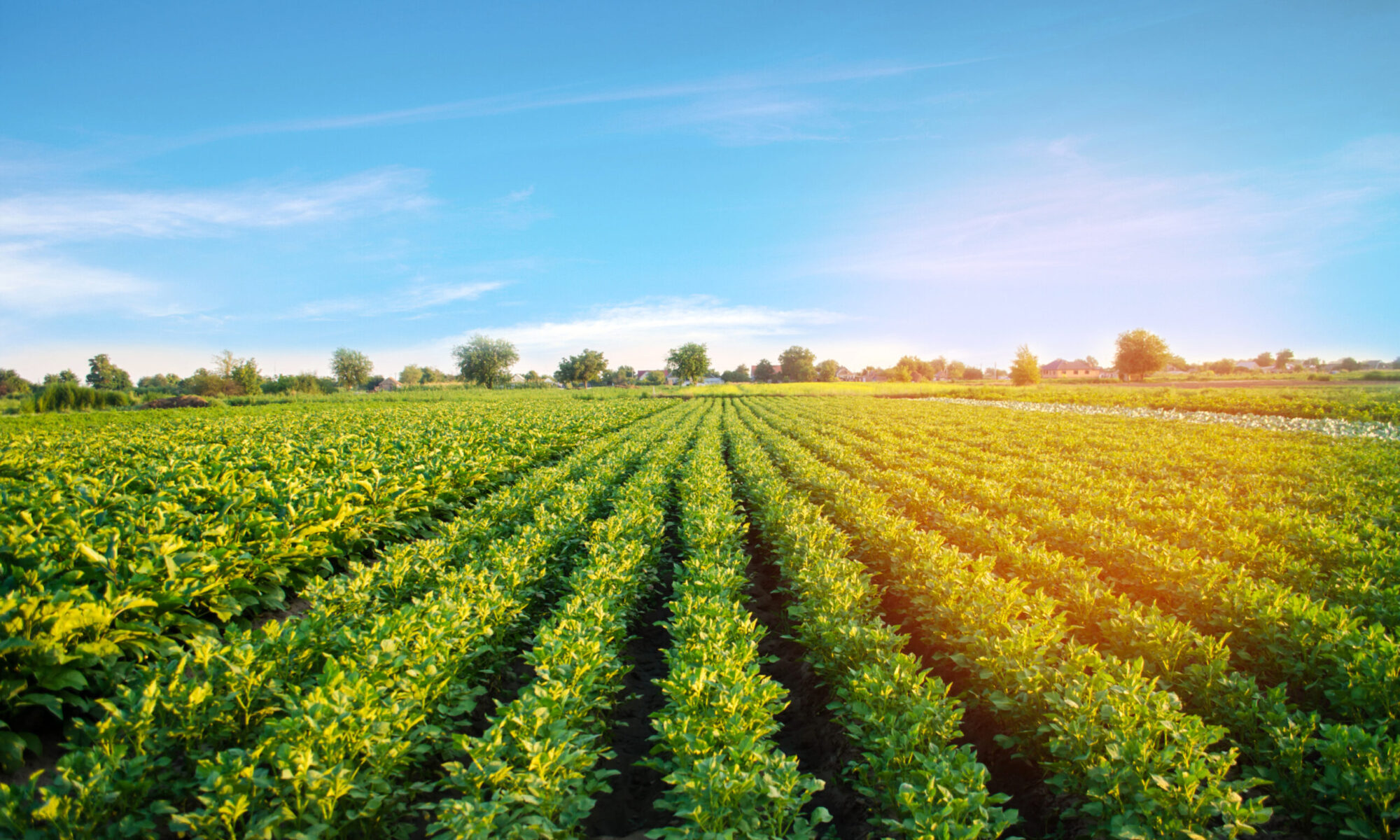The need to be more sustainable in how we interact with our planet, has been widely acknowledged for a while now. Agriculture plays a significant role in this. Within Fieldlab Seedshift, seed companies collaborate to find sustainable solutions for seed production. Gustavo Ramirez shares his aspirations within this collaborative venture.
Fieldlab Seedshift Steering Committee
Gustavo Ramirez serves as a member of the Seedshift steering committee. In his role as Field Production Research Lead at Syngenta, he oversees the production of vegetable seeds in Europe, Africa and the Middle East. Through Seedshift, Gustavo aims to address sustainability challenges within the seed industry. By fostering collaboration and working collectively, he anticipates achieving more significant progress than through individual efforts.
 “The increasingly extreme weather patterns are a reminder of the challenges we face. Take Morocco, for instance. The country is experiencing more and more water-related issues, with water becoming scarcer over the years. Periods of drought become longer, and the amount of rain that normally falls in a year, now falls within a week. Previously, extracting water from the subsoil offered some relief, but even that is no longer guaranteed.”
“The increasingly extreme weather patterns are a reminder of the challenges we face. Take Morocco, for instance. The country is experiencing more and more water-related issues, with water becoming scarcer over the years. Periods of drought become longer, and the amount of rain that normally falls in a year, now falls within a week. Previously, extracting water from the subsoil offered some relief, but even that is no longer guaranteed.”
Gustavo’s example mirrors the global scenario where climate change exerts its influence on seed production. He continues: “We must adopt more resourceful approaches, while exploring new solutions to enhance productivity with limited resources. This isn’t just Syngenta’s ambition, it’s a shared goal across the industry. However, there’s no concrete roadmap yet on how to achieve this.”
Bigger picture
In Fieldlab Seedshift, six companies unite their efforts to foster innovation. Gustavo says: “I firmly believe we’re more than mere entities; we’re integral parts of a larger ecosystem. Hence, collaboration isn’t just the pragmatic but also the only ethical choice. Society faces monumental challenges, and the more we share our knowledge, the greater our chances of finding concrete solutions to issues like climate change, biodiversity decline, and population growth.”
What does Gustavo hope to achieve? He explains: “I hope we can make a positive impact on agriculture overall. We should integrate more conservation practices, reduce reliance on harmful chemicals and synthetic fertilizers, and minimize environmental risks associated with our products. I understand this is a formidable task. Agriculture involves numerous variables —from insects to weather patterns, and from land footprint to water usage. Achieving full sustainability within the next five years will be challenging. But, I hope we make significant progress.”
Leverage knowledge
Fieldlab Seedshift starts with three main focus areas: chemical-free pest control, healthy soils, and fertilization. Gustavo says: “The primary objective of Seedshift is to identify practical solutions and technologies applicable in real-world scenarios to reduce the environmental impact of seed production. We aim for tangible progress in making production processes more sustainable. I believe as a community, we’re well-positioned to innovate effectively in this regard.”
After establishing the groundwork for collaboration in the initial six months, Seedshift embarks on its first experiments. The first year primarily involves hypothesis testing and learning from experiments. The group is planning trials in Netherlands, Italy and Spain with crops including spinach, sugar beet and cauliflower.
We thank Gustavo for sharing his insights about sustainability in the seed industry. For further information on Seedshift, please contact David de Witt (david@hellonewday.nl) and follow us on LinkedIn: Fieldlab Seedshift.

